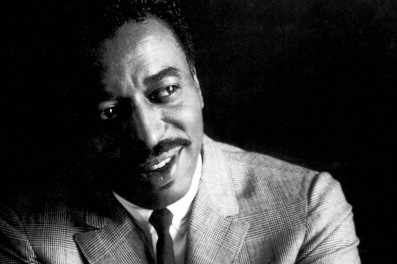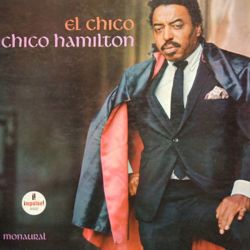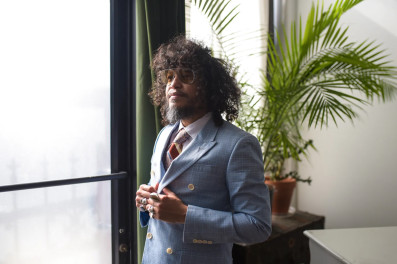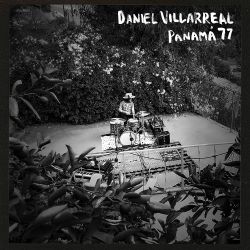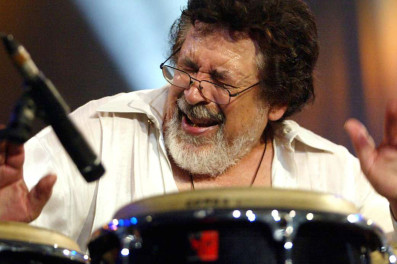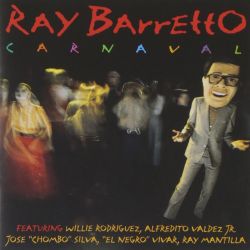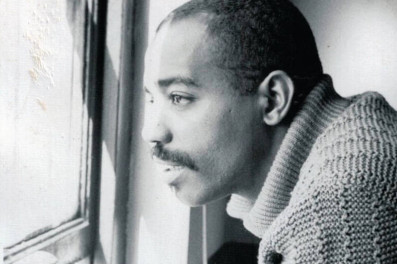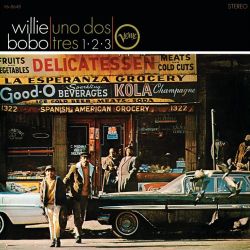Chico Hamilton
Foreststorn "Chico" Hamilton, (September 20, 1921 – November 25, 2013) was an American jazz drummer and bandleader. He came to prominence as sideman for Lester Young, Gerry Mulligan, Count Basie, and Lena Horne. Hamilton became a bandleader, first with a quintet featuring the cello as a lead instrument, an unusual choice for a jazz band in the 1950s, and subsequently leading bands that performed cool jazz, post bop, and jazz fusion.
Early life and career
Foreststorn Hamilton was born in Los Angeles, California, one of three brothers, one of whom was actor Bernie Hamilton.
Hamilton started his career in a band with Charles Mingus, Illinois Jacquet, Ernie Royal, Dexter Gordon, Buddy Collette and Jack Kelso before he had finished high school. Engagements with Lionel Hampton, Slim & Slam, T-Bone Walker, Lester Young, Count Basie, Duke Ellington, Charlie Barnet, Billy Eckstine, Nat King Cole, Sammy Davis Jr., Billie Holiday, Gerry Mulligan and Lena Horne established his career.
Hamilton appeared in You'll Never Get Rich (1941) as part of the backing group supporting Fred Astaire. Hamilton also performed on the soundtrack of the Bing Crosby and Bob Hope film Road to Bali (1952).
Bandleader
He recorded his first album as leader in 1955 with George Duvivier (double bass) and Howard Roberts (jazz guitar) for Pacific Jazz. In the same year Hamilton formed an unusual quintet in L.A. featuring cello, flute/saxes/clarinet, guitar, bass and drums. The quintet has been described as one of the last important West Coast jazz bands.
The original personnel included flutist/saxophonist/clarinetist Buddy Collette, guitarist Jim Hall, cellist Fred Katz and bassist Jim Aton, who was later replaced by Carson Smith. Hamilton continued to tour, using different personnel, from 1957 to 1960. A version of the quintet including flutist Paul Horn was featured in the film Sweet Smell of Success in 1957 and one including Eric Dolphy appeared in the film Jazz on a Summer's Day (1960), set at the 1958 Newport Jazz Festival.
Hamilton revamped his group in 1961 with Charles Lloyd, Gabor Szabo, George Bohanon and Albert Stinson, playing what has been described as chamber jazz, with "a moderate avant-gardism." The group recorded for Columbia, Reprise and Impulse Records and also recorded the soundtrack for the industrial film Litho in 1962, the first American film to be shown behind the Iron Curtain. Hamilton formed a commercial and film production company in 1965, and went on to score the feature films Repulsion (1965), Mr. Ricco (1975), Coonskin (1975), By Design (1982), the television programs Portrait of Willie Mays and Gerald McBoing Boing, and scored hundreds of commercials for TV and radio.
In 1996 Hamilton formed his sextet Chico Hamilton and the Young Alto's featuring Kenneth Lampl, Eric Person and Marc Bernstein. The group performed at the 1986 JVC Jazz Festival, the Apollo Theater, and Lincoln Center for the Performing Arts.
Source Wikipedia
